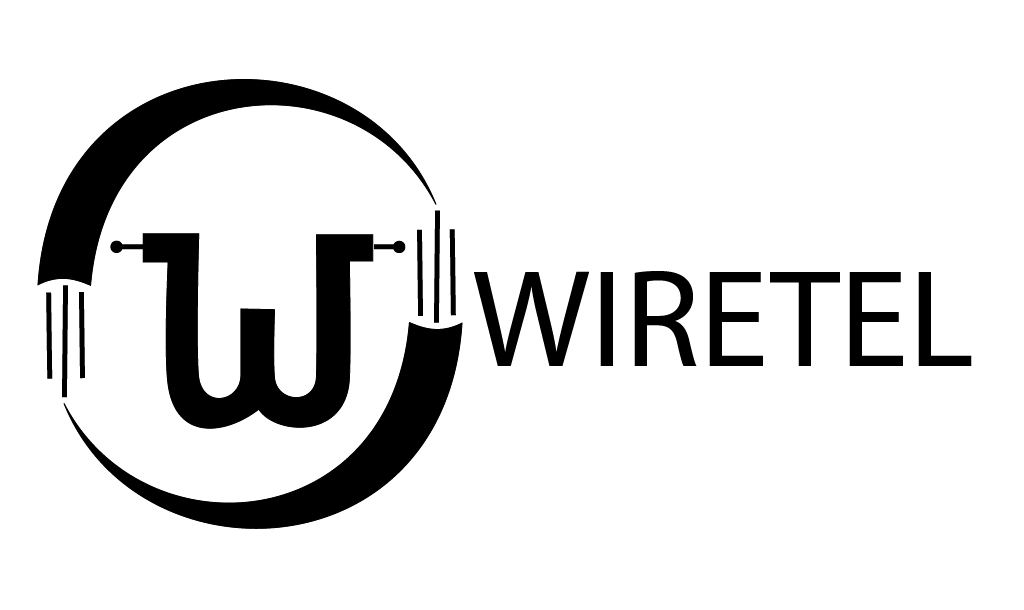“Avatar” Realization: Emergence of the Metaverse

Technology Trends in Telecommunications for 2023
February 6, 2023
Key Success Factors of Digital Transformation World 2022 from Comarch’s Perspective
February 6, 2023With Facebook changing its’ brand name to “Meta”, the concept of metaverse is picking up steam. And although opinions on the meta-future are divided, the idea of a digital multi-universe cannot go unnoticed.
So, is metaverse a real-life embodiment of the movie “Avatar”? What should we expect from this new concept, as both consumers, and communication / digital service providers? Is this the opportunity that operators have been waiting for, while making costly investments into 5G infrastructure?
What is metaverse?
Metaverse is a term coined by Neal Stephenson in his 1992 novel “Snow Crash”. The science fiction story depictures virtual reality, where people, along their “real life” lead their “second life” as avatars. Sounds familiar?
Fast forward to 2021, the concept is evolving. Facebook renames itself as Meta, thus referring to the Neal Stephenson idea of a virtual universe.
Now, the metaverse we’re going to be talking about is not a sci-fi story, rather a hypothesized future iteration of the virtual reality and the Internet. One that might be coming to fruition not so far from now.
What renaming a social media brand means to the world (and telecoms)
One might think changing brands’ name is not that big of a deal. And sometimes, this might be the case. This time, however, Facebook rebranding means that the company is shifting its’ focus from a social media platform to a metaverse provider, which could suggest that “metaverse” is closer than we think.
Yet, while Facebook’s founder presents his version of the concept realization, the actual metaverse might be very different from what is expected. With a number of various ideas on the meta-future, one thing is similar – in the future we can definitely expect more virtual reality in our lives.



